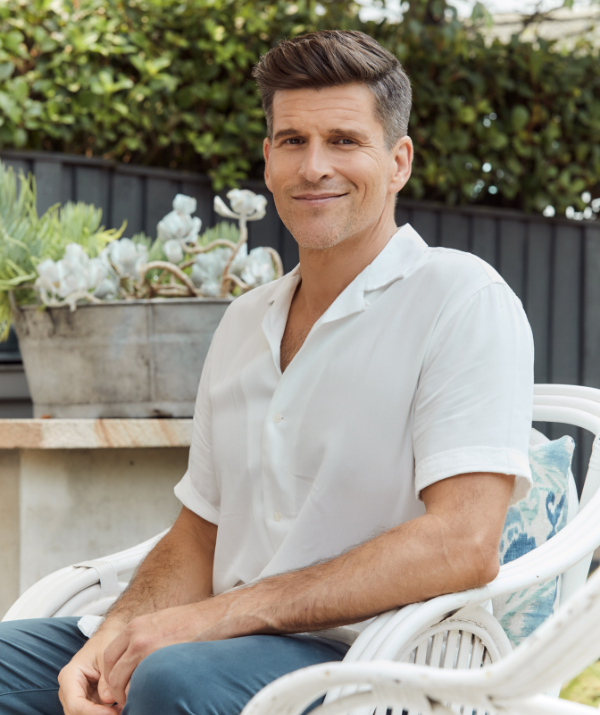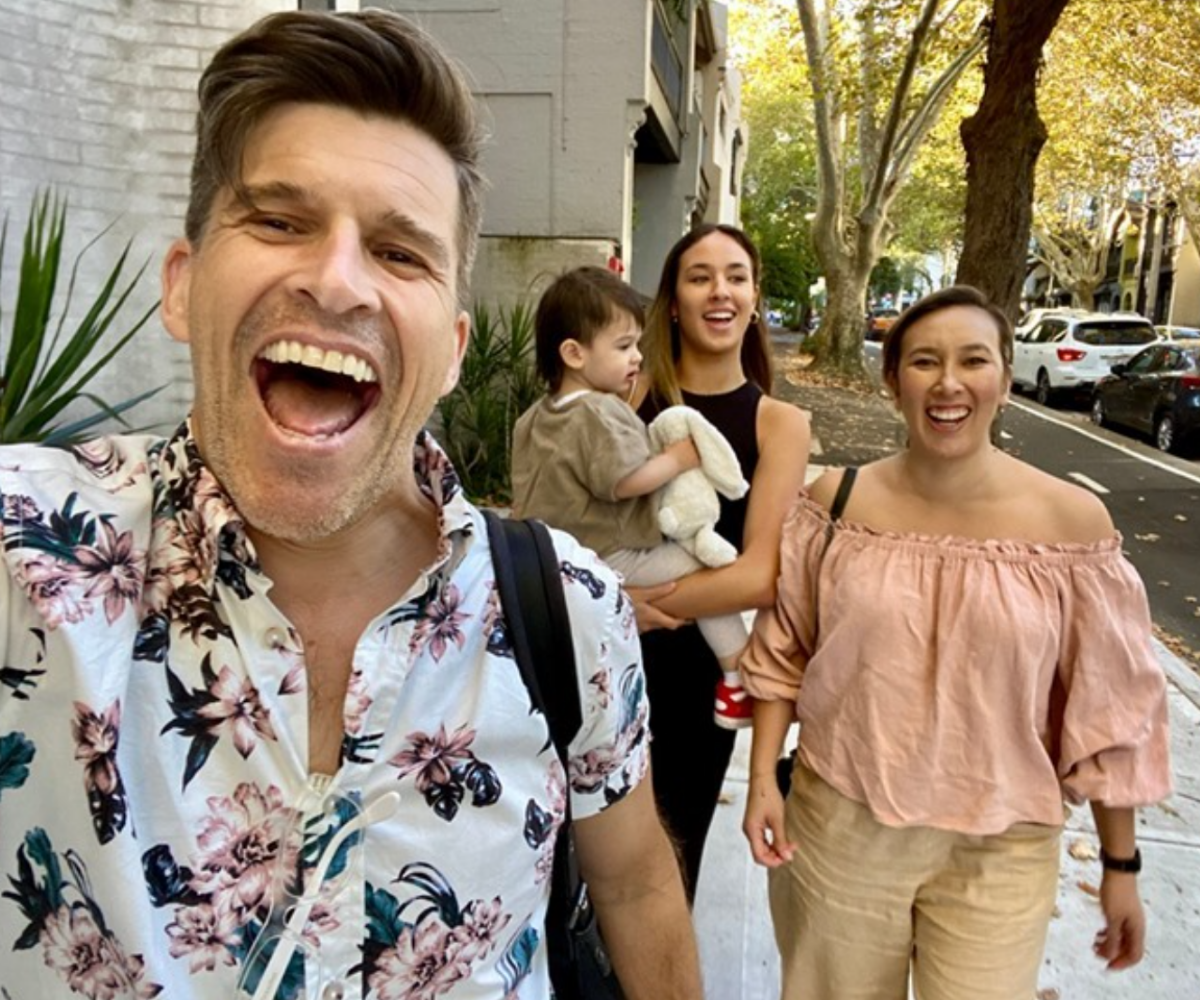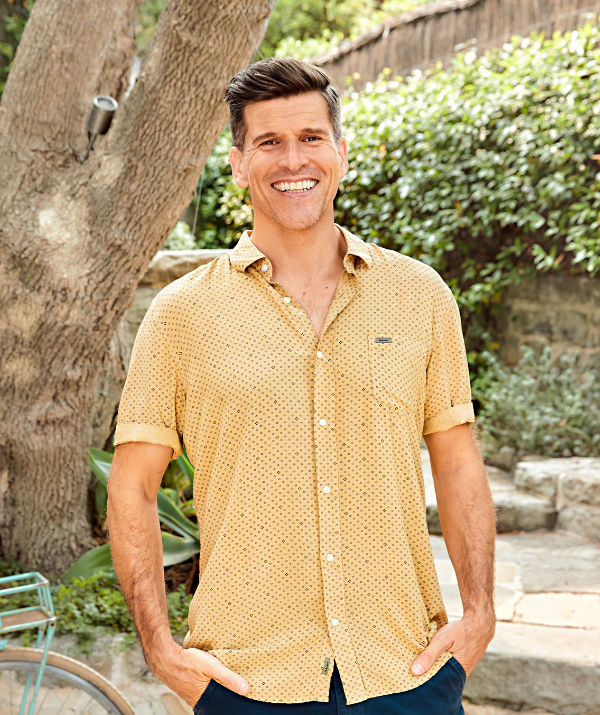Osher Günsberg has been a smiling face on our screens for more than two decades, fronting everything from Australian Idol to The Masked Singer.
But for much of that time, Osher was struggling with his mental health.
As he reveals in the documentary Osher Günsberg: A Matter Of Life And Death, back in 2014, when he met his future wife Audrey Griffen on the set of The Bachelor Australia, he was “not well at all.”
“I was considering, 10, 20 times a day, not being here anymore,” Osher, 47, tells TV WEEK.
“I was dealing with these horrible thoughts. It’s so traumatic and distressing and awful. Eventually, you just get tired of fighting it.”

Osher opens up on mental health in an important new documentary.
(Image: Alana Landsberry)But when Osher met make-up artist Audrey and her daughter Georgia, things began to change.
“I started having the most wonderful time with these two people, and thought, ‘These two are worth sticking around for; these two are worth getting better for.’ From that point, I worked so hard, and I still work hard every single day, to try to get better.”
He says life with Audrey, Georgia and now his three-year-old son Wolfgang is “so wonderful”.
“So yeah, Audrey saved my life,” he declares.

Osher reveals his wife and family saved his life.
(Image: Instagram)In A Matter Of Life And Death, Osher investigates how science is being used to prevent suicide.
He speaks to people using a range of interventions to improve their mental health, including TMS (transcranial magnetic stimulation) and the drug ketamine.
“If you’ve only ever heard about ketamine as a street drug, just know that here in Australia, world-first research is being done into use of this drug – with life-changing, transformative results for people who are catastrophically depressed,” he says.
“There’s a man by the name of Allan. He’s 72, living with this his entire life. Watching the relief he’s achieved, it just was incredible that this was possible.”

“This film is nothing but hope, from front to back.”
(Image: Alana Landsberry)Osher says the documentary was “years in the making”. He was approached to do it after publishing his memoir, Back After The Break.
“I wanted to give people who were in trouble what was given to me,” he explains. “When I was in trouble, the most powerful thing I could hear was someone who had lived experience, who had been where I had been and was now doing a whole lot better.”
For Osher, listening to other people’s stories was “the gift of hope”.
“This film is nothing but hope, from front to back,” he says.
If this article has raised any issues for you please contact Lifeline Australia on 13 11 14, or visit their website here.
.jpg)
